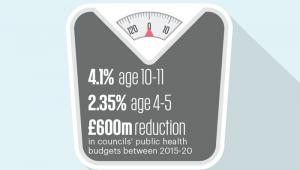Quick wins
Everybody out: The year 2025 is the earliest that MPs will vacate the Palace of Westminster to make way for a £5.6bn refurbishment. MPs voted narrowly for a “full and timely decant” and will move to nearby Richmond House on Whitehall until the works are completed.
Fire sale of the century: Council tenants have received right to buy discounts totalling £3.5bn since 2011-12, according to a Local Government Association analysis. This amounted to a “fire sale” of social housing and rendered the scheme unsustainable, the body said.
Sixteen going on seventeen: Young people aged 16 and 17 will be able to vote in local elections, the Welsh Government has confirmed. The move is part of a package of measures intended to boost electoral participation in Wales, which could include the introduction of digital voting.
Gap years
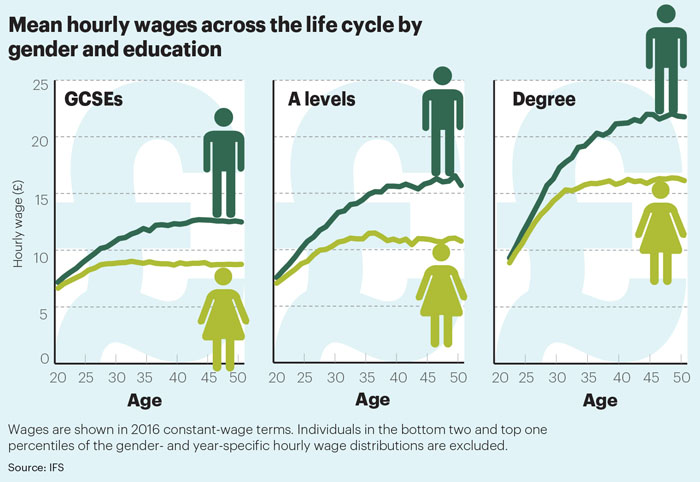
The gender pay gap widens as women age and is also more stark among more educated cohorts, analysis by the Institute for Fiscal Studies has found. The gap is relatively small when people enter the labour market in their 20s but begins to open up as people move through their 20s and gets gradually wider over the next 20 years. For graduate women, average wages keep better pace with men during the early part of their careers, but growth tends to slacken off once they hit their 30s. The opening up of the gender pay gap when people reach their late 20s is related to arrival of children, the IFS said.
PFI savings
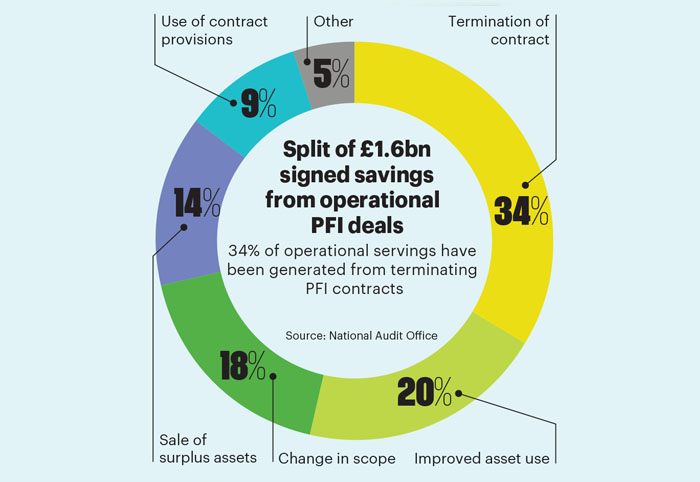
One third of the £1.6bn savings generated from private finance initiative schemes between 2011 and 2013 came from terminating the contracts, a National Audit Office study has found. Other significant savings came from improved asset use, changes in the scope of contracts and the sale of surplus assets. The NAO noted that PFI structures tended to make it difficult to secure savings as savings have to be negotiated with the special purpose vehicle management, investors and debt providers rather than suppliers.
Poor policies
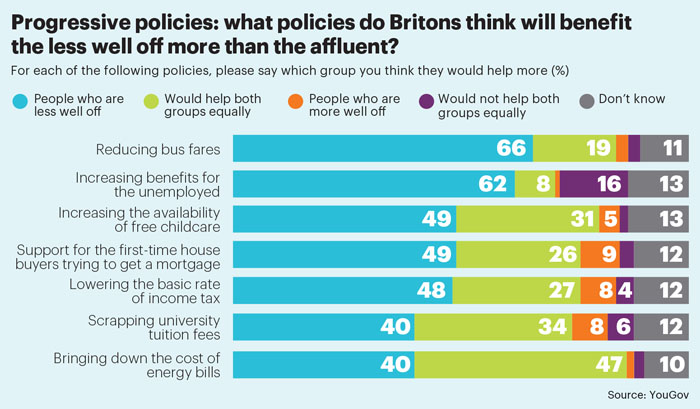
Cutting bus fares would be one of the most effective ways the government could help poor people, according to YouGov polling. People were asked to rate 16 policies on how progressive they were – in other words, whether they were likely to benefit poorer people rather than their richer counterparts. Increased unemployment benefits, extended free childcare and support for house buying were also rated as progressive measures. The creation of more grammar schools and cuts to inheritance tax were seen as more regressive than progressive.
Degrees of difference
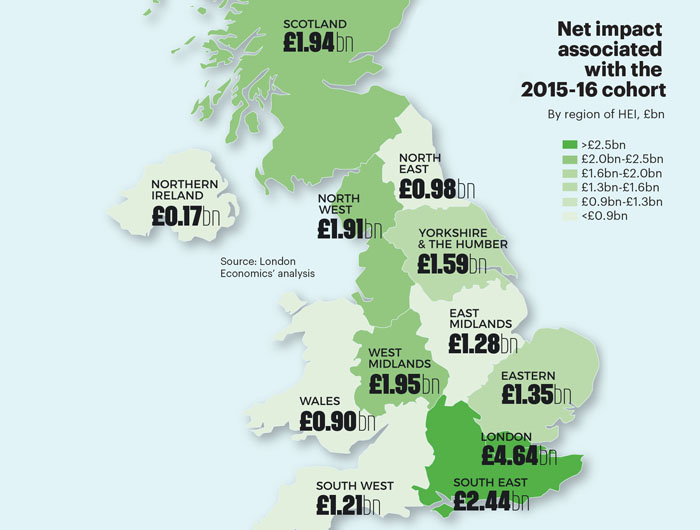
International students provide an economic boost in all parts of the UK, analysis by the Higher Education Policy Institute has shown. However, this varied considerably from £4.64bn in London to £0.17bn in Northern Ireland. Overall, the HEPI report said international students made an average contribution of £31.3m per parliamentary constituency, equivalent to £310 per UK resident. University cities tended to see the biggest benefits, with the Sheffield Central constituency (£1,960 per resident) gaining the most, followed by Newcastle upon Tyne East (£2,010), Nottingham South (£1,680), Oxford East (31,480) and Manchester Central (£1,330).
Expectant perceptions
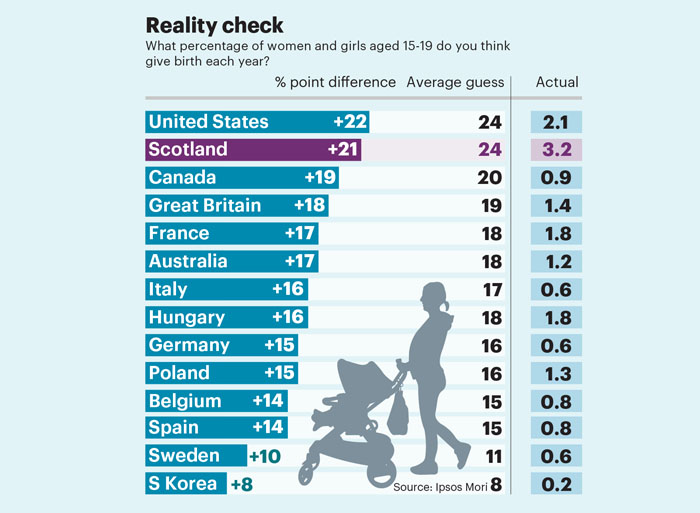
People tend to vastly overestimate the number of teenage births, Ipsos Mori’s work on the gulf between people’s perceptions and reality has revealed. A study focusing on Scotland examined attitudes to immigration, obesity and teen pregnancy. Wherever they lived, people were found to overestimate the number of teenage pregnancies. In Scotland, people think a quarter (24%) of girls aged between 15 and 19 give birth each year, when the reality is just 3.2%. In Great Britain as a whole, the average guess came in at 19% compared to the real teen pregnancy rate of 1.4%.
Social care gets cash
Communities secretary Sajid Javid has found £150m extra funding to add into the local government finance settlement to help councils deal with social care pressures.
In a written statement to parliament on 6 February, Javid said the money would be distributed according to relative needs and would be taken from “anticipated underspend in existing departmental budgets”.
Javid said: “With this and other measures, the government has given councils access to £9.4bn of dedicated funding for adult social care over three years.
“This is a long-term challenge that requires a sustainable settlement for the future.”
He added that a social care green paper, set for publication in the summer, would set out proposals for reform to make the system resilient and sustainable.
But Local Government Association chair Lord Porter said the funding was a “one-off” and a “temporary measure” that needed to be set against a gap of £2.3bn by 2020.
CIPFA chief executive Rob Whiteman said the extra funding was “not a material sum in the grand scheme of things” but any extra help would be welcome.




